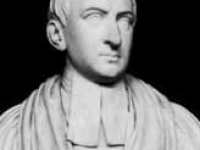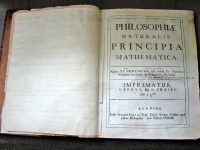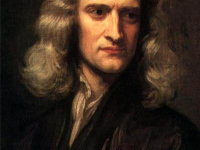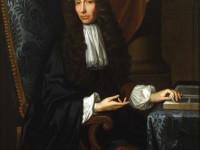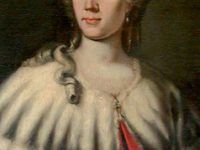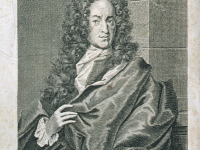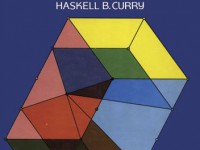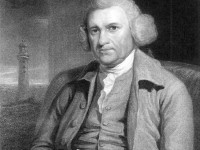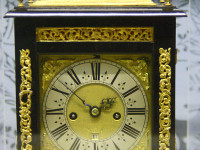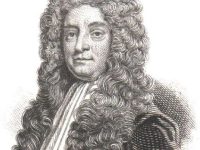Roger Cotes and Newton’s Principia Mathematica
On July 10, 1682, English mathematician Roger Cotes was born. Cotes is well known for working closely with Isaac Newton by proofreading the second edition of his famous book, the Philosophiae Naturalis Principia Mathematica,[4] before publication. He also invented the quadrature formulas known as Newton–Cotes formulas and first introduced what is known today as Euler’s formula. “If he had lived we would have known something.”, Remark of Issac Newton on the early…
Read more

